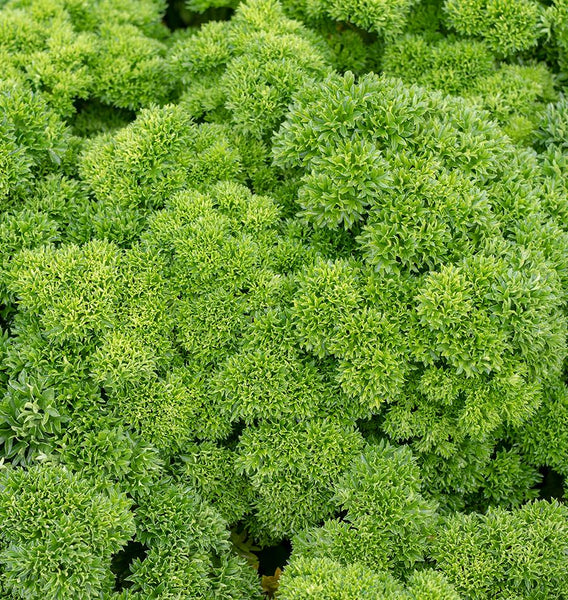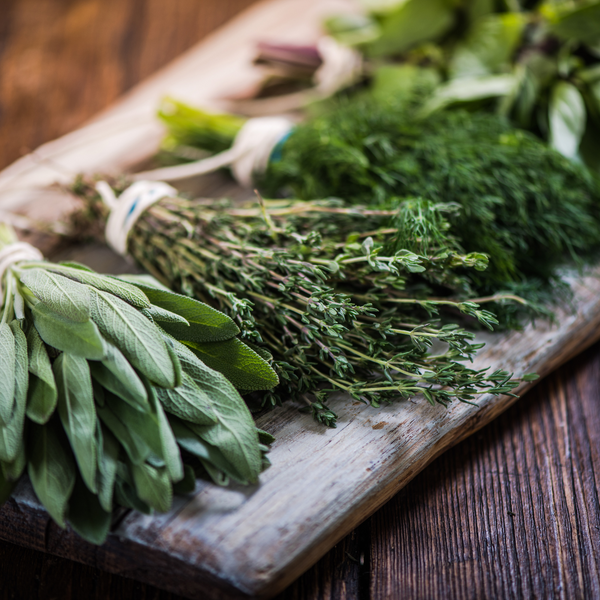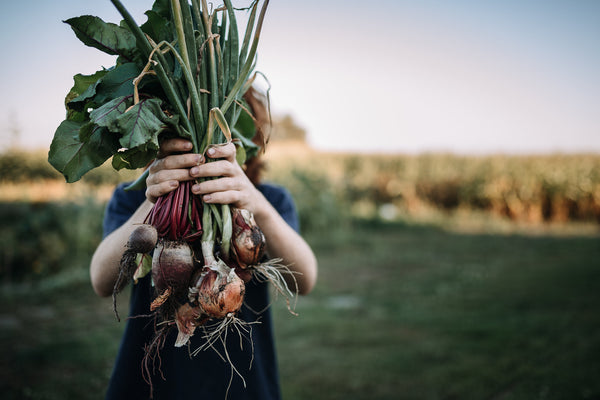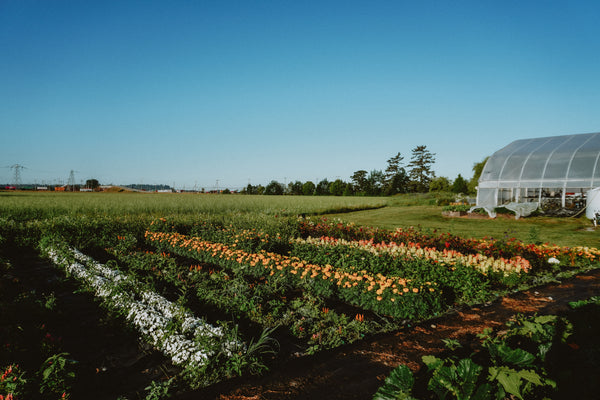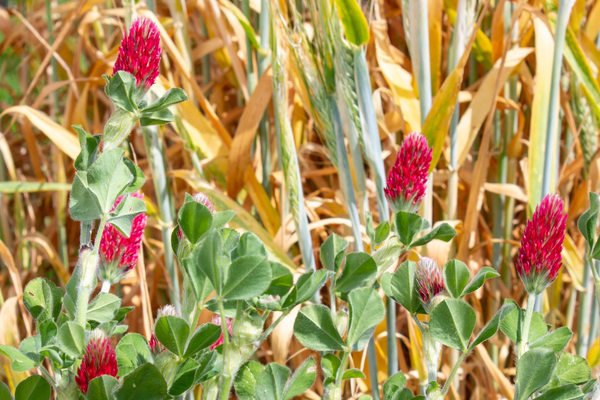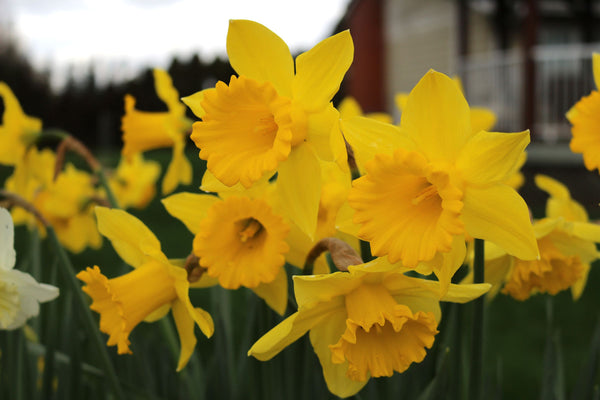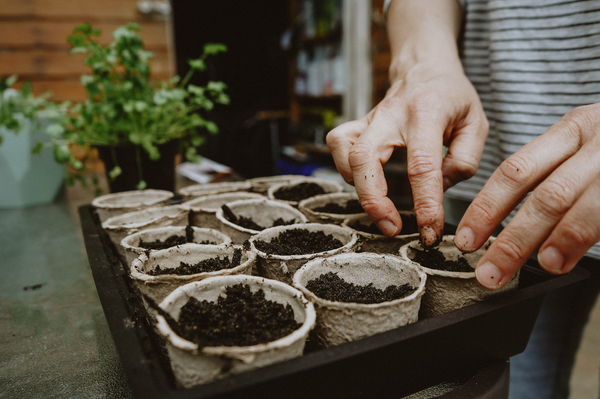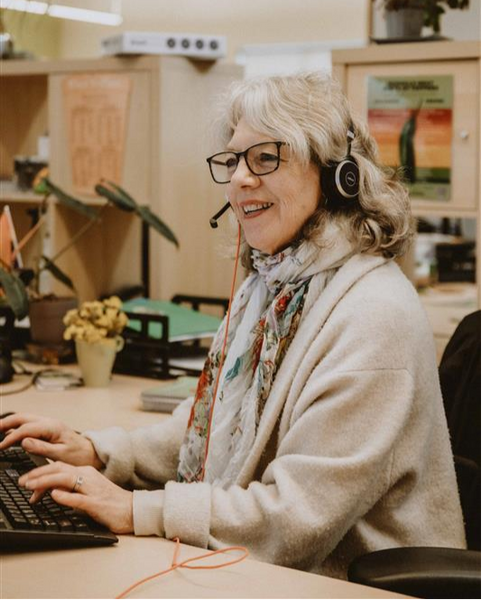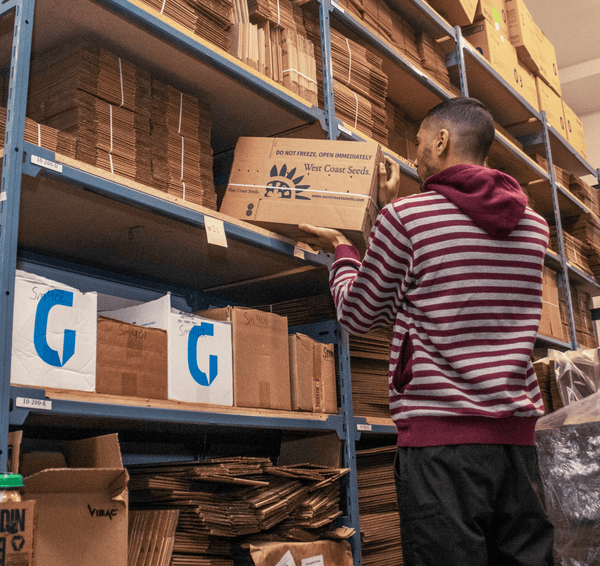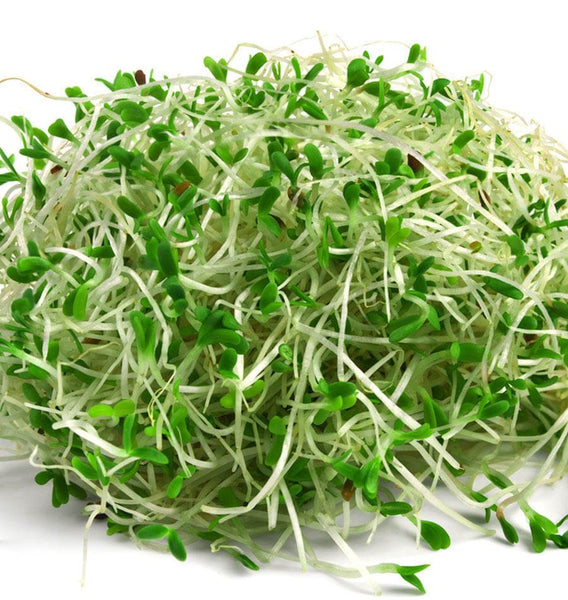Last year, I attended training at my school board and was introduced to the concept of “Real-World Learning.” Ontario’s Upper Canada District School Board is engaging students in deeper learning by making the curriculum more relevant through meaningful, community connected projects. As both a high school English teacher and animal lover, I saw this as the perfect opportunity to combine my passions. I decided to partner my grade 9 English class with a local charity: Sweet Sanctuary Animal Rescue, home to farm animals including pigs, goats, sheep, donkeys, horses, and more.

My students were immediately excited about the prospect of helping this charity through a class project. We looked through the curriculum expectations and landed on a very unconventional project idea: we would create a vegetable garden for the sanctuary animals to supplement their diets with fresh food. I had my students reach out to various local gardening centres, and Carleton Place Nursery recommended I ask our local West Coast Seeds representative, Rebecca Boyar, for help. West Coast Seeds was an integral part of the project as my knowledge of planting was lacking. Rebecca came into my class to teach my students, and my students then taught the grade 7s of the school how to plant seedlings when we realized we were running out of space. Rebecca connected my students with other stores who donated lots of needed equipment so that my students could start our plants in my classroom effectively and also checked in and gave advice about perfect timelines for our plants.

As our plants grew, we started getting them ready to plant outside by taking them outdoors for “reading time” while we completed our novel study. In late May, we took our many seedlings to the sanctuary and the students got to work spreading the two loads of soil that we had delivered to the farm earlier that month. The students made short work of planting and were pleased to meet the animals who would later enjoy the efforts of their labour. To wrap up the project, students wrote and published news articles about the process.

It was incredibly rewarding to get my students involved in planting with the help of West Coast Seeds. Teachers all over UCDSB are engaging in growing vegetable and pollinator gardens and exploring hydroponic growing. This year, West Coast Seeds donated 100s of seed packages to support more teachers in their Real-World Learning program. Sweet Sanctuary also benefited from the donated seeds this year—the animals and owners are very appreciative as the charity relies entirely on donations to support its mission.
To see examples of Real-World Learning you can visit UCDSB’s Facebook page. To see the Sweet Sanctuary, check out sweetsanctuary.ca.
